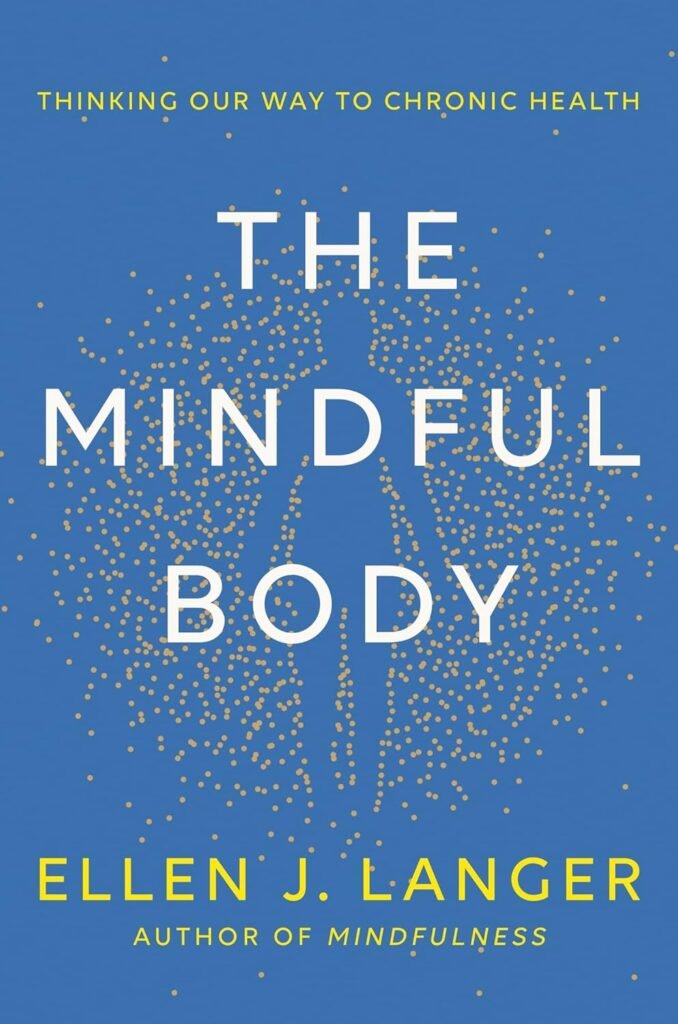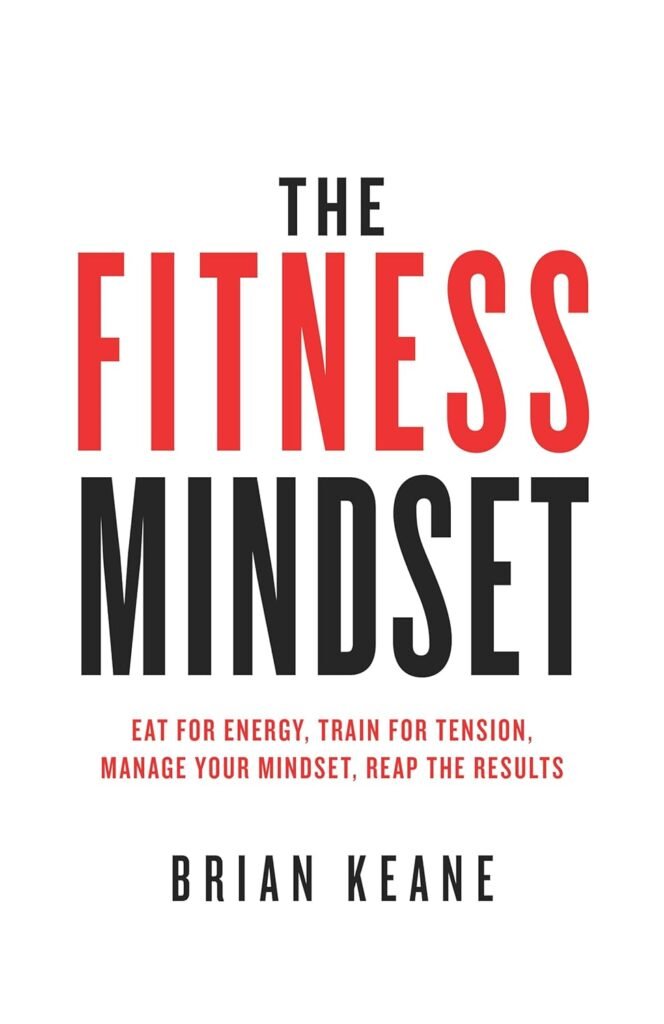Small Steps to Big Changes: Enhancing Your Physical Health, Energy, and Mindset

Welcome to the Wellness Insights Hub, your go-to space for smart wellness strategies that support physical health and improvement, energy, and mindset. Whether you’re starting your journey or refining your routine, here you’ll find actionable tips and expert-backed insights to help you make meaningful progress—one small step at a time.
The Importance of Intentional Living
Research shows that adopting intentional habits contributes to better physical health. For instance, choosing to incorporate nutrient-rich foods into our diets or committing to regular exercise can produce positive health outcomes over time. These small decisions, when made consistently, gradually accumulate, resulting in enhanced vitality and a reduced risk of chronic diseases. Furthermore, when individuals approach their choices with intention, it fosters a greater sense of awareness regarding their health needs and goals.
The science behind intentional living highlights the importance of habit formation. Studies suggest that when individuals consciously set intentions, they are more likely to establish and maintain positive routines. As these routines become ingrained, they form a foundation for healthier lifestyles. Intentionality not only helps in fostering positive habits but also aids in recognizing and addressing negative patterns, ultimately leading to more fulfilling lives.
Actionable Strategies for Physical Health Improvement
Data for Statistical Representation
| Strategy | Effectiveness (% Improvement) | Study Reference |
|---|---|---|
| Daily Hydration (2L/day) | 20% increase in energy levels | Journal of Nutrition (2022) |
| Strength Training (3x/week) | 30% improved muscle endurance | ACSM Study (2021) |
| Intermittent Fasting (16/8) | 25% metabolic flexibility boost | Cell Metabolism (2023) |
| Sunlight Exposure (30 min/day) | 40% increase in Vitamin D levels | Endocrinology Reports (2020) |
| Mindful Breathing (5 min/day) | 15% reduced cortisol (stress hormone) | JAMA Psychiatry (2019) |
| Sleep Optimization (7-9 hours) | 35% better cognitive function | Sleep Research Society (2021) |
To begin with, dietary enhancements can have a substantial impact on physical health improvement. Incorporating a variety of fruits and vegetables into meals provides essential vitamins and minerals. Aim for at least five servings of these foods daily. Moreover, consider replacing processed snacks with healthier options such as nuts, yogurt, or whole grain items. These modifications encourage more balanced energy levels throughout the day and help maintain a healthy weight.
In addition to improving dietary choices, maintaining proper hydration is crucial for optimal physical health. Water plays a vital role in numerous bodily functions, including digestion and temperature regulation. As a guideline, aim to consume at least eight 8-ounce glasses of water daily, or more if engaging in physical activity. Carrying a reusable water bottle can serve as a helpful reminder to drink more water throughout the day.
Integrating movement into daily routines is another effective strategy to enhance physical health. This does not necessarily mean rigorous workouts; even small actions such as taking the stairs instead of the elevator or incorporating short walks during breaks can promote increased activity levels. Consider setting aside time for structured exercise at least three times a week, targeting a mix of aerobic activities and strength training for comprehensive benefits.
Lastly, it’s essential to recognize the significant role that sleep plays in maintaining health. Prioritize getting 7 to 9 hours of quality sleep each night, as inadequate rest can lead to various health issues, including decreased energy levels and impaired cognitive function. Create a calming bedtime routine, limit screen time before sleep, and establish a consistent sleep schedule to improve overall sleep quality.
By adopting these actionable strategies, individuals can achieve meaningful improvements in their physical health, energy levels, and overall mindset, setting the stage for long-term wellness.
Boosting Energy Levels Through Daily Habits
Data for a Comparative Energy Optimization Chart
| Habit | Impact on Energy Levels (Scale: 1-5) | Physiological Mechanism |
|---|---|---|
| Hydration | ⭐⭐⭐⭐⭐ | Supports cellular function, blood circulation, and cognitive clarity. |
| Restorative Sleep | ⭐⭐⭐⭐⭐ | Enhances hormone balance, reduces cortisol levels, and supports mitochondrial function. |
| Intermittent Fasting | ⭐⭐⭐⭐ | Promotes metabolic flexibility, improves insulin sensitivity, and enhances autophagy. |
| Moderate Exercise | ⭐⭐⭐⭐⭐ | Increases ATP production, improves oxygen utilization, and optimizes neurotransmitter release. |
| Natural Light Exposure | ⭐⭐⭐⭐ | Regulates circadian rhythm, optimizes melatonin production, and boosts vitamin D synthesis. |
| Balanced Nutrition | ⭐⭐⭐⭐⭐ | Stabilizes blood glucose levels, prevents energy crashes, and supports metabolic homeostasis. |
| Breathwork Practices | ⭐⭐⭐⭐ | Enhances oxygen uptake, optimizes parasympathetic nervous system activity, and reduces mental fatigue. |
| Digital Detox Strategies | ⭐⭐⭐ | Limits cognitive overstimulation, decreases blue light exposure, and improves focus retention. |
Enhancing energy levels is crucial for maintaining productivity and overall well-being. A fundamental approach to elevate energy is through a balanced diet. Consuming a variety of nutrient-dense foods such as fruits, vegetables, whole grains, and lean proteins provides the essential vitamins and minerals necessary to fuel the body. Incorporating complex carbohydrates can maintain steady energy levels throughout the day, preventing the sugar highs and lows that often accompany processed foods. Staying properly hydrated is equally important; even mild dehydration can lead to feelings of fatigue.
Regular physical activity is another powerful way to increase energy levels. Engaging in moderate exercise enhances blood circulation and promotes a feeling of vitality. Whether it’s a brisk walk, a workout session at the gym, or a yoga class, the key is to integrate movement into one’s daily routine. Aim for at least 150 minutes of moderate exercise each week, as recommended by health authorities. These activities not only improve physical fitness but also uplift mental health, creating a sense of achievement and energy.
The Mindful Body by Ellen J. Langer explores the powerful connection between mindset and physical health improvement, arguing that our thoughts can directly influence our well-being. Langer, a Harvard psychologist, presents research showing how mind-body unity can lead to improved health outcomes, challenging the traditional belief that medical conditions are purely physical.
The book provides practical strategies for using mindfulness to enhance recovery, reduce stress, and improve overall vitality. Through engaging studies—like how hotel workers lost weight simply by recognizing their daily tasks as exercise—Langer demonstrates how perception shapes reality
Incorporating mental breaks throughout the day is essential for re-energizing the mind. Short intervals of relaxation or mindfulness practice can help reduce stress and improve focus. Consider adopting techniques such as deep breathing exercises, meditation, or even a quick walk outdoors. These practices promote a positive mindset, allowing for greater resilience against fatigue. Moreover, managing stress through effective time management and prioritization can alleviate burnout and enhance vitality.
Ultimately, creating a personalized energy-boosting routine that harmonizes with one’s lifestyle is vital. By incorporating these daily habits, individuals can cultivate a sustainable increase in their energy levels, leading to improved physical health and overall quality of life.
Shifting Your Mindset for Lasting Change
Adopting a growth mindset is essential for fostering lasting lifestyle changes. A growth mindset, a concept popularized by psychologist Carol Dweck, emphasizes the belief that abilities and intelligence can be developed through dedication and hard work. This perspective is crucial in enhancing physical health, energy levels, and overall well-being. By viewing challenges as opportunities for growth rather than obstacles, individuals can navigate the complexities of health improvement with resilience and a positive outlook.
The Fitness Mindset by Brian Keane is a comprehensive guide to achieving lasting health and energy by combining nutrition, exercise, and mindset strategies. The book emphasizes how mental resilience plays a crucial role in fitness success, alongside practical tips on high-intensity interval training (HIIT), stress management, and sustainable nutrition
One effective strategy for cultivating a growth mindset is through the practice of positive affirmations. By regularly articulating empowering statements, individuals can reframe their self-perception and reinforce their commitment to physical health improvement and fitness goals. Positive affirmations help in combatting negative self-talk, which often undermines progress. For instance, instead of saying, “I can’t do this,” one might affirm, “I am capable of achieving my health goals.” This shift in language not only builds confidence but also cements one’s determination to pursue a healthier lifestyle.
Effective goal setting plays a pivotal role as well. By establishing specific, measurable, achievable, relevant, and time-bound (SMART) goals, individuals can create a clear roadmap toward their health aspirations. This structured approach not only clarifies intentions but also facilitates adjustments as needed. Such adaptability is fundamental in maintaining both physical health and a high energy level over time, leading to a more balanced and fulfilling life. This journey of mindset transformation is critical in achieving sustainable changes and reaping the benefits of an enhanced lifestyle.


